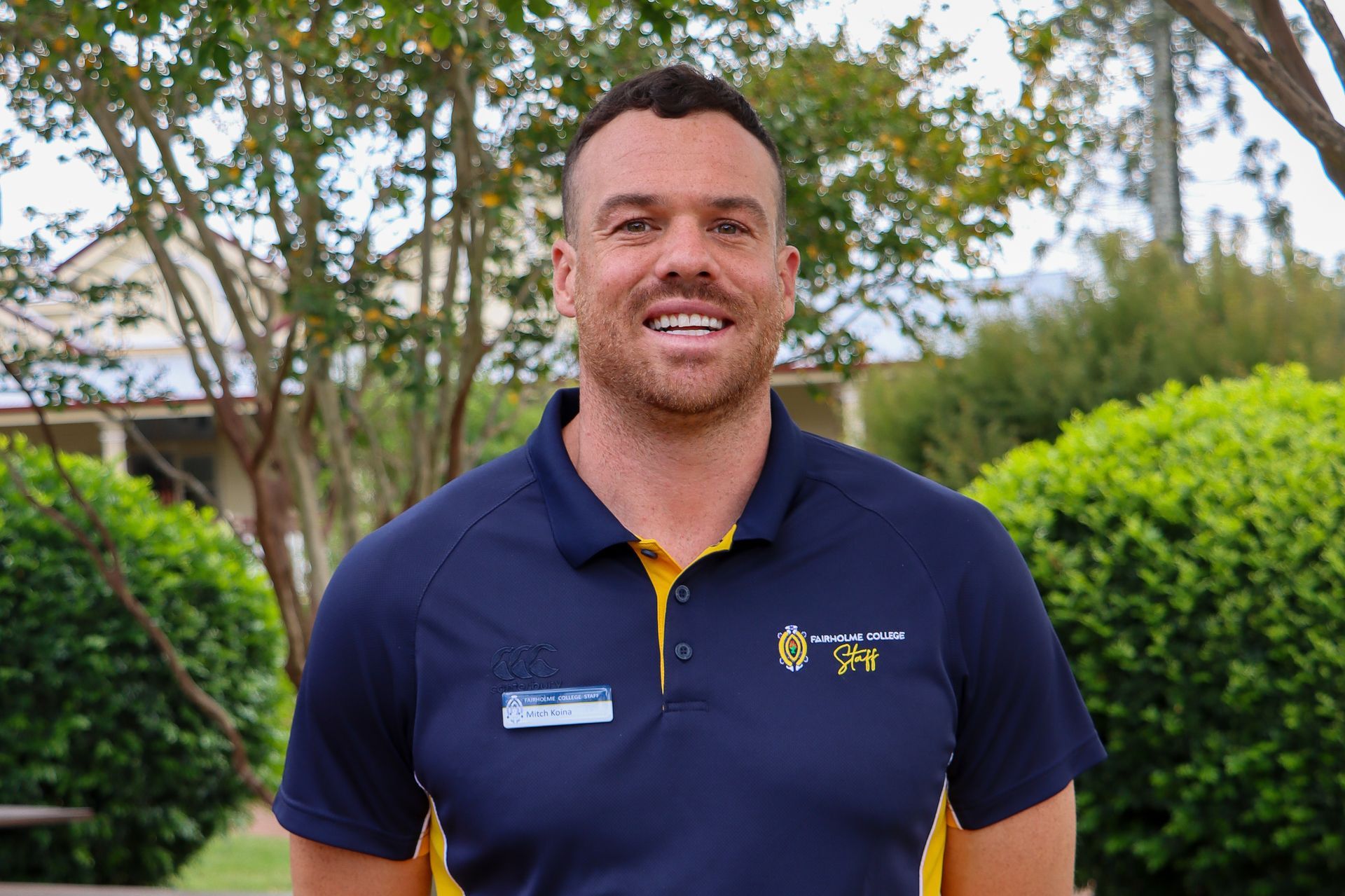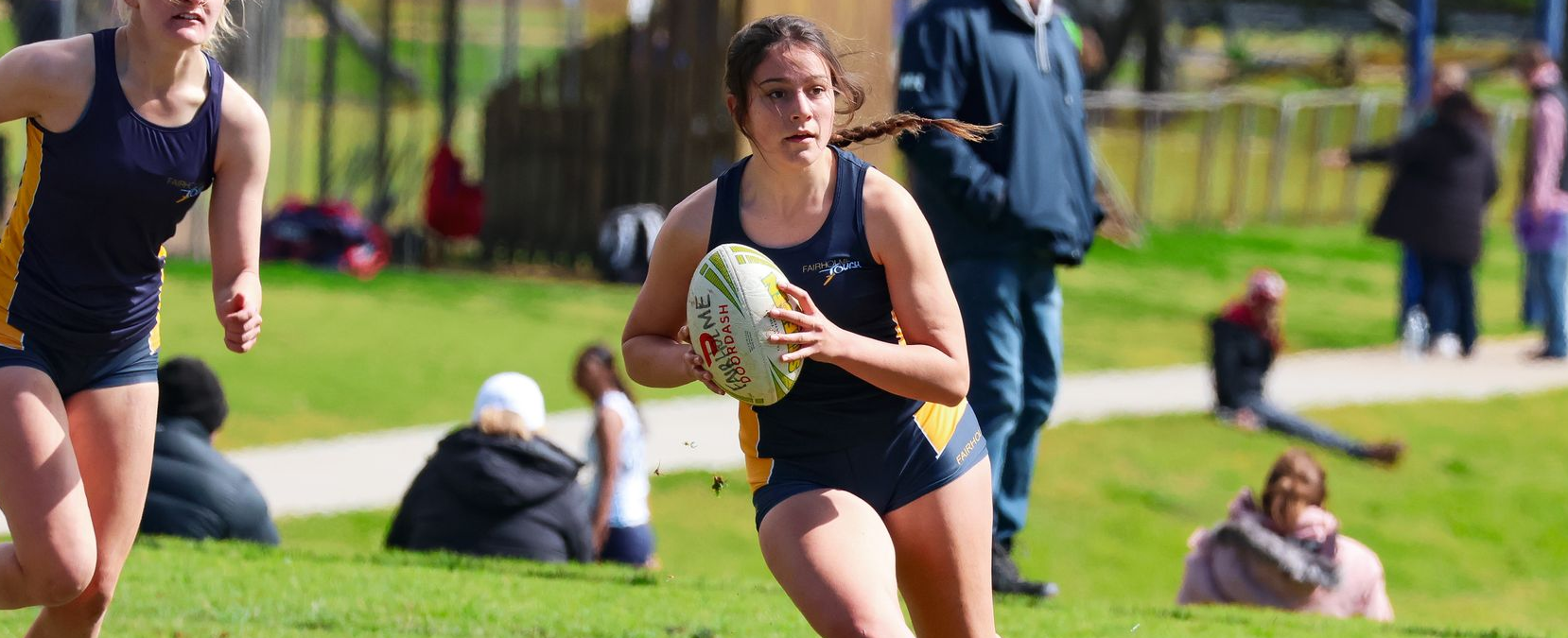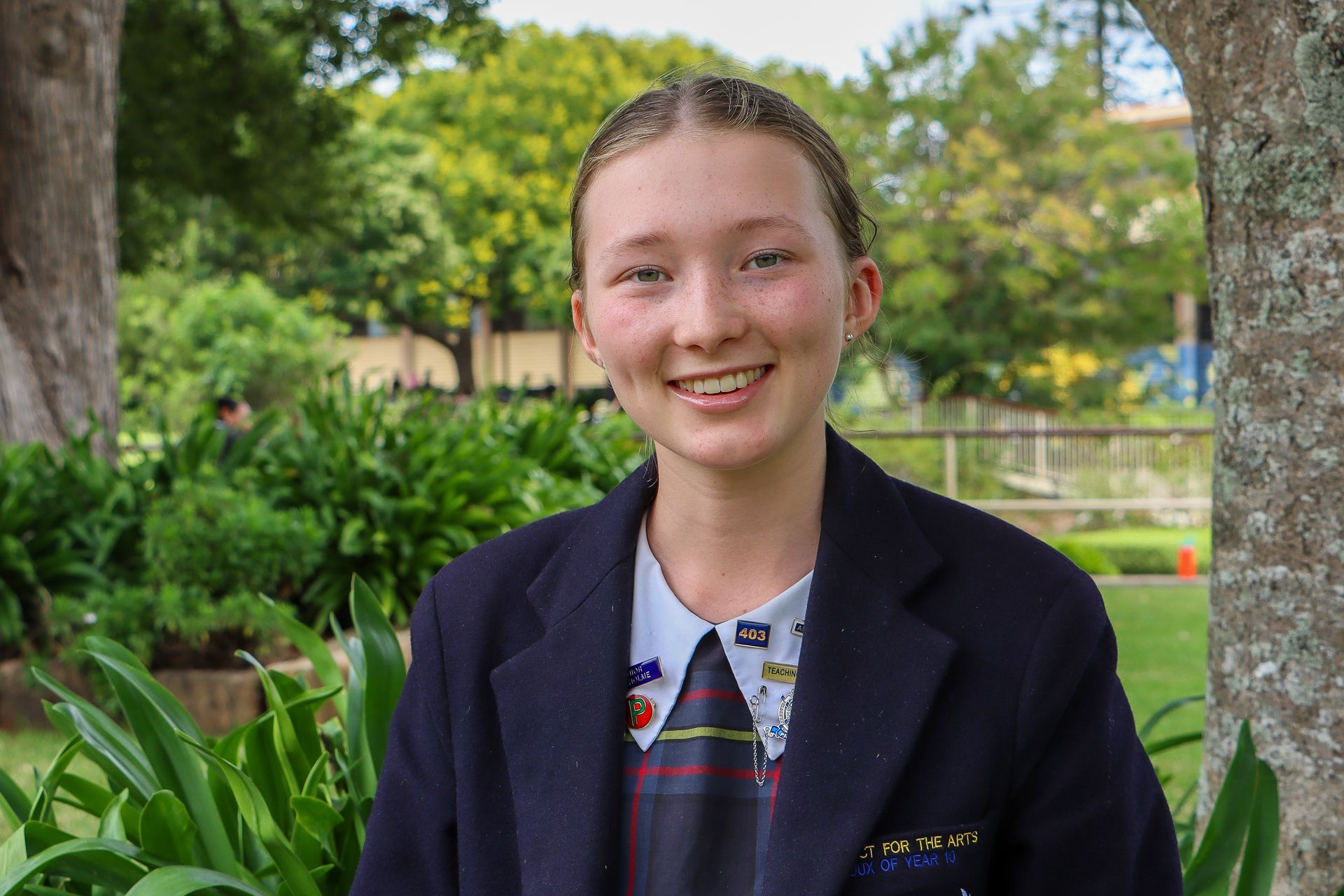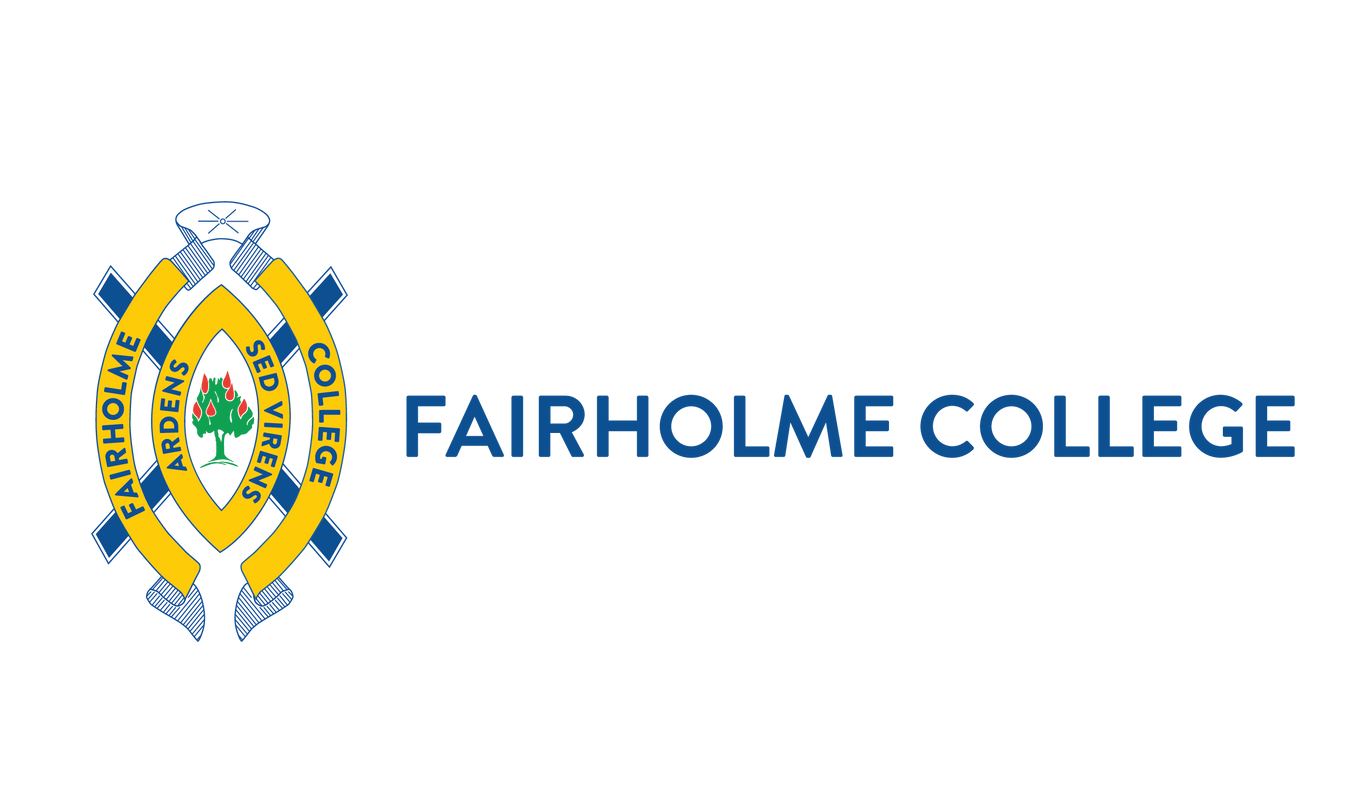At what age can we set our children down to walk alone?
Every time we rescue, hover, or otherwise save our children from a challenge, we send a very clear message: that we believe they are incompetent, incapable, and unworthy of our trust. Further, we teach them to be dependent on us and thereby deny them the very education in competence we are put here on this earth to hand down. (Lahey, 2015)
Imagine this: your daughter (albeit 26 years old and old enough to know better) lets you know that she will be spending her birthday money riding the Death Road in Bolivia.
You immediately regret your generous well-meaning deposit of birthday dollars into her bank account and would like to put an immediate block on all bank transitions. You find yourself looking up fares to Bolivia and wondering if a quick flight across the Pacific might put a halt on your daughter’s impulsivity.
Distressed, you start googling Bolivia + Death Road + bike rides and come across information such as: ‘It [Death Road] begins at 15,400 feet and for an estimated 300 people a year ends in the loss of their life.’ Or … ‘Dubbed ‘El Camino de la Muerte’ (The Death Road) by locals, for obvious reasons, and considered by many the most dangerous stretch of road in the world, the 40-mile journey from its summit entices in excess of 25,000 mountain bike riders annually.’
You chastise yourself (yet again) for poor parenting and raising a daughter who is confident enough to travel solo in South America. You wonder, what you have done wrong. You long for a quiet, complacent, compliant daughter – like the one everyone else seems to have. So, you send a text:
‘Feeling a bit ill about your bike ride.’
She sends one back.
‘It will be fine. I promise. It is something that just about every backpacker does in La Paz.’
There is no comfort in that, and you cringe inwardly at the phrase, you have heard all too often, ‘just about everyone does it’ and you ponder about the enduring influence of peer pressure. But you take a deep breath and remind yourself that she is an adult, it is her decision, not yours and you pray – a lot.
You also have a sleepless night – although your husband doesn’t – he simply mumbles as he drifts off to a deep, uninterrupted slumber: ‘She’s really good on a bike.’ That’s no comfort, because you can see those headlines and statistics that you have over-googled, and images of sheer cliffs and narrow descents roll with clarity and frequency through your overwrought brain.
You receive the long anticipated and overdue message to say she has survived but instead it says: ‘I’m so annoyed! It’s cancelled because of civil unrest. It cost $200 and we can’t get a refund but I also don’t think it is worth waiting around for whenever the roads open so I will head towards Peru tomorrow. Such is life.’
You can barely hold back your excitement and it takes great presence of mind and some graciousness to say: ‘Thank God. Sorry for you Nat but relieved for me.’ The relief is enormous but, in a perfect piece of parent positioning there is a twist in the storyline.
The next evening, a Facebook message (notice different technology mediums used for each parent) to her father appears:
Hey dad
How are you?
I did death road today! We were able to change our tour
It was one of the greatest things I’ve ever done in my life
No injuries or death
Perhaps the intention was always to ride the road – but she knew what was best to tell her mother and what to tell her father.
Partial truth and positioning skills were cleverly in play. It’s an interesting paradox isn’t it – how hard should we or can we hold on to our children, at what age can we and do we set them down to walk alone? Who is better at it [the letting go] in your family? After all, the mother may well have robbed her daughter of ‘one of the greatest things in her life’, by overzealous holding on …
I admire my daughter’s fierce independence, though it scares me at times. I admire her fearlessness and her courage, though I pray for common sense and yes, safety. She is an adult, and I must let her be. And when at times I default to wanting to advise too much, hold on too tightly or offer too many words of ‘wisdom’ I know the problem lies with me. Any struggle to let go is mine, not hers. I am grateful that she is a strong, capable individual, woman, and human being.
It’s the same wish that I have for our Fairholme girls – that they too might become independent, courageous young women of the world: a world that is wider, more interconnected, and more accessible than ever before. So, forgive us on the occasions when we as teachers stand back a little, or when we resist the instinct to rescue, or when we fight the urge to hover or metaphorically pick your child up … remembering that we too want your daughter to know that she is capable, competent, and worthy of our trust. We too would like your daughters to have the freedom to travel solo - both literally and metaphorically, and hence enjoy the sometimes taken for granted opportunities their brothers often access without such limitations.
My son took his scantily-filled backpack and headed solo to India as a 19-year-old … for nine months. I admit, however, to hovering at the top of the stairs outside his bedroom, the morning of his departure. There was an overwhelming sense of loss, in that moment. Perhaps I knew that this really was the drawing of the line in the sand – where adulthood, independence, and definition of self as separate from his parents had occurred.
I could not hold on, and he was ready – ready to explore, problem-solve and find aspects of himself that simply were not discoverable in the safety of the family home. These are confronting aspects of parenting – the letting go, resisting the temptation to swoop in and rescue our child from any danger or to pick them ‘up’ when they need to have their feet on the ground. Admittedly, my husband and I have somewhat inadvertently raised children with a finely tuned travel instinct and an unerring attraction to the road less travelled. It still stops my heart at times. But it gladdens me, as well.
Occasionally, I wonder if we didn’t hold on tightly enough, but I am also deeply aware of the impact of doing so. What if we had prevented them, throughout their adolescence, from anything difficult? What if we had fed their fears, with our own? What if we had enabled them to avoid anything that caused discomfort. US psychologist Lisa Damour’s reminds us that ‘avoidance feeds anxiety’ (2023).
She adds:
‘When we avoid the things we fear, the immediate effect is that we feel tremendous relief, which can actually reinforce the wish to continue the avoidance. By not going to school or not going to the party, our fears become crystallized in amber because they are not tested against reality.’
Having just returned from Sakura season in Japan, along with students, staff, and parents, I’m reminded, yet again, why travel entices me. I admit that I choose very deliberately to forget the discomfort of economy class with its seats that I try to rationalise as being ‘armchairs of the sky’ and ‘the passage to new lands’ (but realistically always far too close together); the obligatory nasal assault of an eggy breakfast before dawn; and the long wending queues filled with fatigued travellers that miraculously appear upon arrival in a new city – as if it is a surprise to airport staff that three flights, including two A380s arrived as scheduled and were filled with passengers.
Yes, travel is not glamorous for the economy traveller, and, at times, it’s simply hard work. No-one ever says – was it hard? The assumption is that travel is like a glorious event where all runs smoothly, to time, and without any moments of angst. Fortunately, not. Travel is a problem-solving activity; it is often an act of compromise – particularly when travelling with others, and invariably a time of heart-wrenching highs and unexpected lows. Therein lies its richness, a time and place to grow through the juxtaposition of challenge and delight. It is so much like parenting itself. It’s a pity that it often takes significant time or significant kilometres to gain a sense of distance travelled.
We see our journey best, after it is over … when there is time to reflect and time to see ourselves in our own homes, and find that we actually see the world, differently. In the act of exploring the world, we discover something far more precious: ourselves. Yet, if we don’t step out, literally or metaphorically into the unknown, the uncomfortable or the unexplored, then we miss the opportunity for growth: real growth. Similarly, if we pick our children up when it is time to set them down, even with the best of intentions, we deny them the lessons of life competence.
Although … one may well ask, whether riding Death Road, in Bolivia is simply a bridge – [far] too far.
Dr Linda Evans | Principal
REFERENCES
Lahey, J. (2015). ‘The Gift of Failure: How the Best Parents Learn to Let Go So Their Children Can Succeed’. Harper Collins.
More News…











